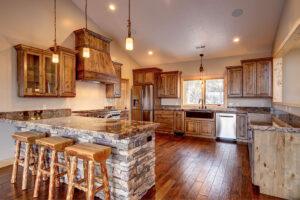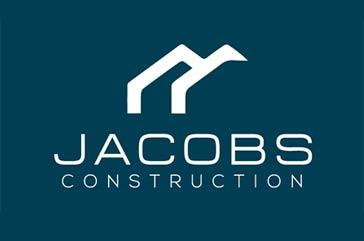 Companies built for production work aren’t built for perfect work.
Companies built for production work aren’t built for perfect work.
On the surface, the difference between a production builder and a custom builder is simple. One builds the same basic house over and over, and the other builds a unique home for each customer.
But the real differences go deeper. These two builder types are, in fact, fundamentally different businesses.
This difference shows up in the quality results. A 2017 article in Professional Builder magazine cited a DuPont study on how much construction defects were costing US production builders. They found that the average big builder spends a surprising $4,919 per house on warranty claims.
This isn’t a dig at production builders. These companies play an important role in our society.
By adapting management systems developed in the auto industry, production builders supply affordable homes to millions of Americans. They build about 84% of the country’s housing stock each year. That percentage will likely grow. Thanks to a shortage of skilled trade workers, big builders are investing millions of dollars into automation technologies to let them build more homes in less time with fewer hands.
Many production builders also do pretty good work, with fewer defects than the industry average. But while manufacturing systems make it possible to roll defect-free cars out of a climate-controlled factory, getting similar results with homes built in the sun, rain and snow is a lot harder.
The desire for high quality is a big reason why many people opt for a new custom home. Custom builders also have to adjust to weather conditions, but they generally don’t have thousands of dollars in warranty claims. How do they do it? The answer is that, while many have quite sophisticated management systems, they are craft businesses at heart. They attract skilled workers and subcontractors who are also devoted to craft, and they pay these folks well for quality work. They strive for perfection and base their reputation on delivering it.
Professional custom builders don’t look at homes as units of output. Instead, each project is a carefully engineered work of art.
The custom builder’s business systems are also designed to ensure a great customer experience. You aren’t buying a mere product—you’re entering into a relationship with someone devoted to making your personal vision a reality. If you work with one of these companies, you may even have the chance to meet everyone who touches your home.
Although a handcrafted home will cost more than a production model of similar size, there will always be people who consider that extra cost a worthwhile investment. For these people, just having a roof over their head isn’t enough.
We see a similar dynamic at play in other industries. You can get a decent plate of pasta at Olive Garden but the experience won’t approach that of the one-of-a-kind, upscale Italian restaurant. The same goes for dress clothes. “Most people are happy with a good-quality, $200 or $300 production suit from Joseph A. Bank,” quipped a well-known homebuilder consultant. “However, there will always be people who want a $10,000 bespoke suit from Savile Row.”
Nowadays we seem to live in an age of bland, franchised sameness, but a quality-built custom home is a way to create a lasting, functional work of art that suits your lifestyle.





